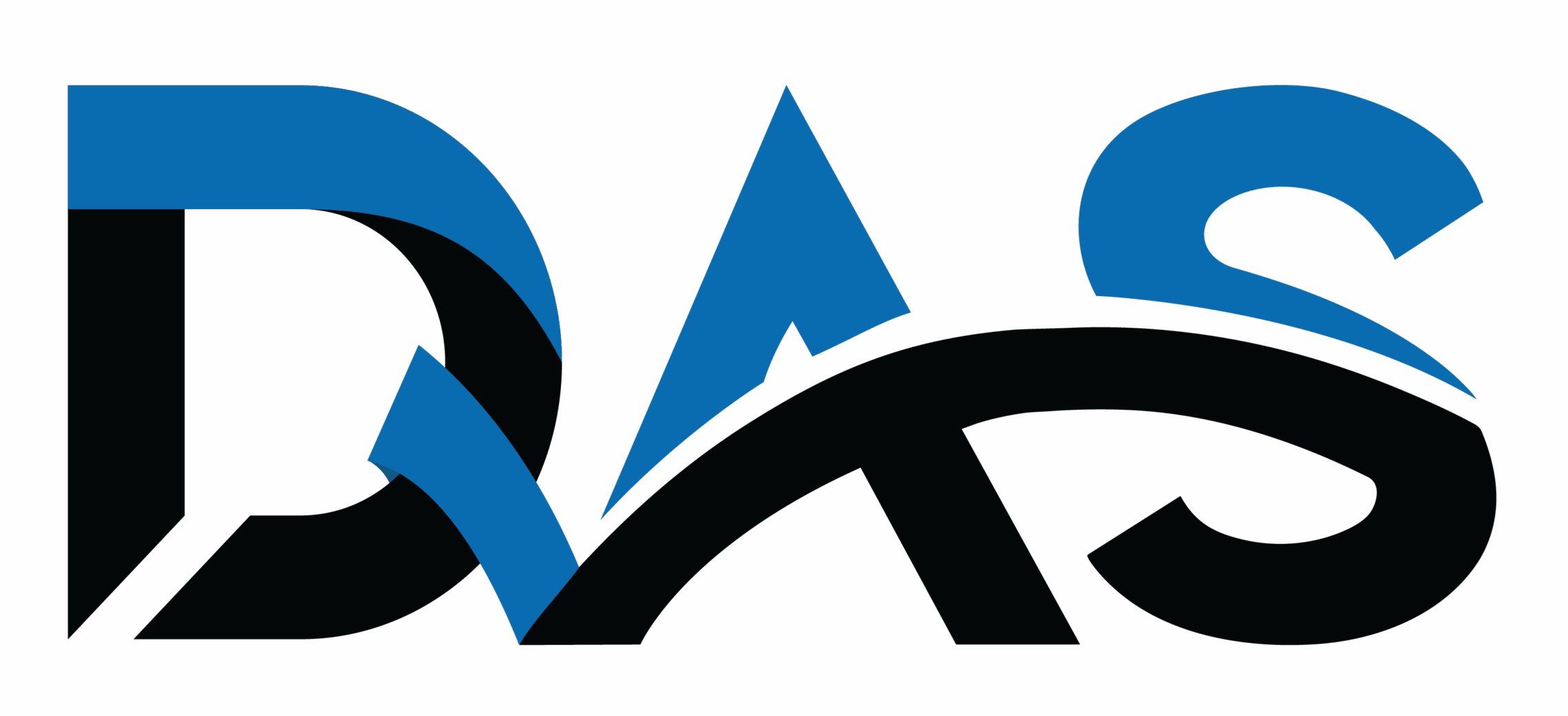Oil Storage Tanks & Oil Carrying Tankers Inspection
Oil Storage Tanks & Oil Carrying Tanker
Oil storage tanks (fixed or mobile) and oil carrying tankers (road or rail-based) are critical assets in the petroleum, chemical, and logistics sectors. Their inspection is essential to ensure:
- Structural integrity
- Leak prevention
- Safety of operations
- Environmental compliance
- Regulatory adherence
Regular third-party inspection of these tanks and tankers helps prevent accidents, contamination, spills, and compliance violations, ensuring safe storage and transport of hazardous liquids like crude oil, diesel, lubricants, and industrial chemicals.
✅ Why This Inspection is Needed
Prevent Environmental Hazards
- Avoid leaks, spills, and soil/water contamination
- Maintain safety near populated or ecologically sensitive areas
Ensure Structural Integrity
- Detect corrosion, cracks, dents, weld failures, or settlement
Comply with Regulations & Standards
- Meet requirements under:
- API 653 (Tank Inspection, Repair, Alteration & Reconstruction)
- API 650 (Welded Tanks for Oil Storage)
- ADR / DOT / PESO standards (for tankers)
- OSHA, ISO 31000, and local HSE authorities
Ensure Safe Transport and Storage
- Proper venting, grounding, labeling, and cleaning of tanks/tankers
- Minimize fire/explosion risks due to flammable liquids
Facilitate Insurance and Legal Compliance
- Required by insurers and legal frameworks for claims, liability, and operational licenses
📋 Basic Requirements of Oil Tank and Tanker Inspection
🔍 Inspection of Fixed Storage Tanks:
- External & Internal Visual Inspection
- Ultrasonic Thickness Testing (UTT)
- Magnetic Particle Testing (MT)
- Radiographic Testing (RT) of welds
- Leak testing (e.g., hydrostatic)
- Corrosion & Coating Evaluation
- Tank bottom and shell inspection
- Ventilation, grounding, fire protection, manholes
- Calibration for volumetric accuracy
🚛 Inspection of Oil Carrying Tankers:
- Body and chassis inspection
- Tank shell integrity
- Hatch covers, manways, valves, and drain systems
- Cleaning and decontamination
- Pressure and leak testing
- Labeling, grounding system, and fire extinguishers
- Spill containment and emergency shut-off
- ADR, PESO or DOT compliance checks
👷 Who Can Conduct These Inspections?
Inspections must be conducted by:
- 3rd Party Accredited Inspection Bodies
- Certified under ISO/IEC 17020 (Type A preferred)
- Recognized by PNAC, PSQCA, or relevant government bodies
- API Certified Inspectors (API 653/570/510)
- NDT Level II / Level III Certified Technicians
- Inspectors trained in oil tank safety, NDT techniques, and hazardous material handling
🛠️ Services DAS Can Provide
DAS Certification (Pvt.) Ltd., a PNAC-accredited inspection body under ISO 17020, and a Full Member of LEEA UK, offers comprehensive inspection services for Oil Storage Tanks and Oil Tankers.
✅ DAS Inspection Services Include:
For Fixed Oil Storage Tanks:
- Internal & External Visual Inspections
- NDT Testing (UTT, MT, PT, RT, and more)
- Corrosion Analysis & Coating Checks
- Tank Calibration (ISO 7507 / API MPMS)
- Leak testing & Vacuum box testing
- Shell, floor & roof inspection
- Inspection Reports with Recommendations
- Risk-based Inspection (RBI) assessments
For Mobile Tankers:
- Tanker Body & Shell Inspection
- Pressure & Leak Test Certification
- ADR / DOT / PESO Compliance Inspections
- Labeling, Signage, and Fire Safety Checks
- Cleaning & Pre-shipment Inspection
- Visual and Functional Testing of Valves and Closures
- Issuance of Inspection Certificate for Transport Permit
✅ Why Choose DAS Certification?
- Accredited under ISO 17020 by PNAC
- Extensive industry experience in oil, gas, transport, and storage
- Recognition by regulatory authorities and international clients
- Transparent reports, defect listing, recommendations, and re-inspection services
- Capability to operate across Pakistan and internationally
📈 Benefits of Using DAS Services
- Meet legal and client-specific compliance
- Improve asset life and reduce failure risk
- Ensure safety of personnel and public
- Enhance environmental responsibility
- Support for audit, certification, and insurance validation
